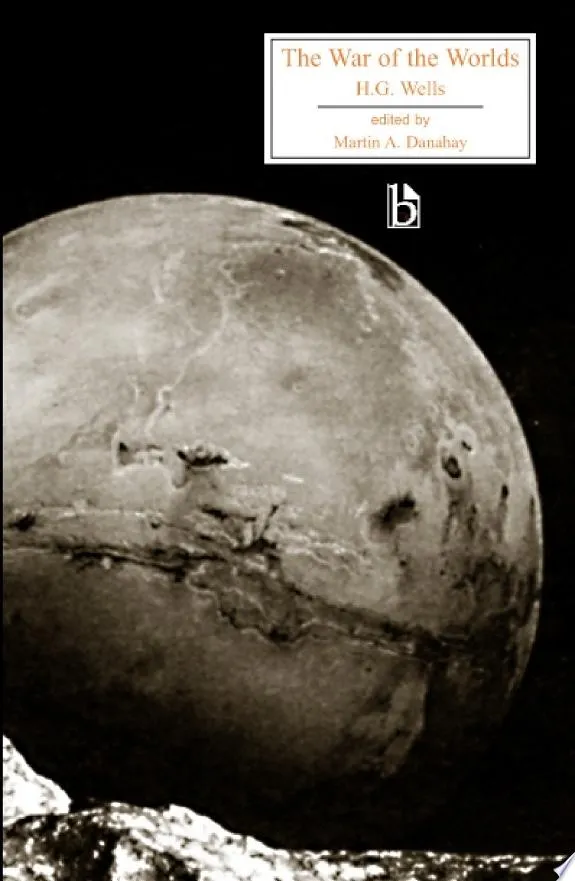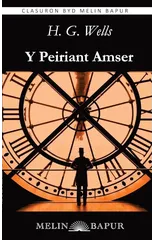H. G. Wells’s The War of the Worlds, the first story to speculate about the consequences of aliens (from Mars) with superior technology landing on earth, is one of the most influential science fiction books ever written. The novel is both a thrilling narrative and an elaboration of Wells’s socio-political thought on the subjects of imperialism, humankind’s treatment of other animals, and unquestioning faith in military technology and the continuation of the human species. This edition’s appendices include other related writings by Wells; selected correspondence; contemporary reviews; excerpts from works that influenced the novel and from contemporary invasion narratives; and photographs of examples of Victorian military technology.
H.G. Wells
H.G. Wells was a prolific English writer best known for his science fiction novels. His most notable works include "The War of the Worlds," "The Time Machine," and "The Invisible Man." Wells' writing style was characterized by his imaginative storytelling, social commentary, and exploration of scientific concepts. He is often credited with popularizing the science fiction genre and influencing future writers in the field. "The War of the Worlds" remains his most famous work, depicting a Martian invasion of Earth and exploring themes of imperialism and the resilience of humanity. Wells' contributions to literature have had a lasting impact on the genre of science fiction and continue to be celebrated to this day.






